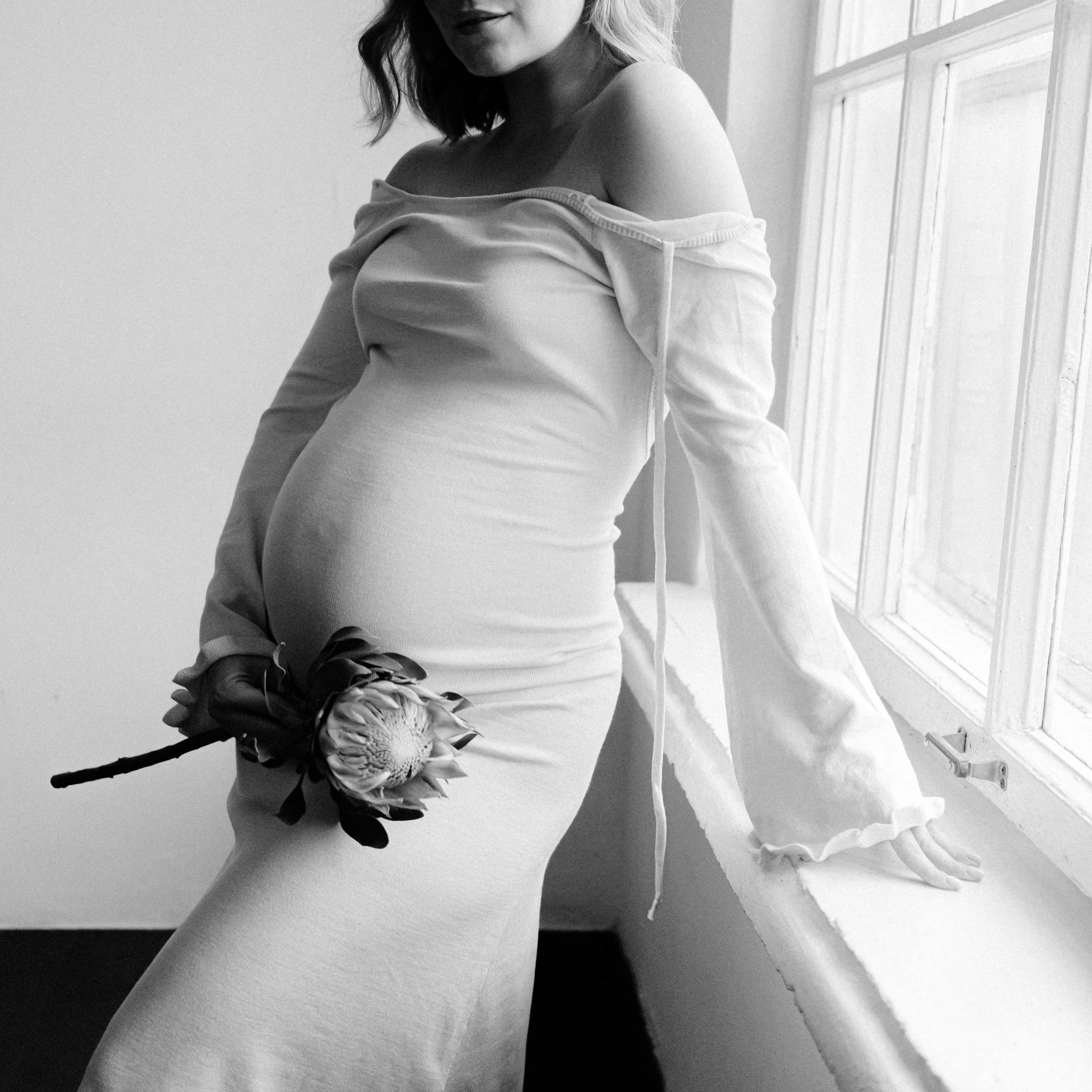Postpartum Eczema: Understanding and Managing Skin Changes After Childbirth
The postpartum period is filled with joy, adjustment, and—for many—unexpected health challenges. Among these is postpartum eczema, a form of atopic dermatitis that either appears for the first time or flares up shortly after giving birth. Hormonal shifts, stress, and environmental triggers all contribute to this uncomfortable and often frustrating condition.

In this blog, we explore what causes postpartum eczema, how it presents differently in new mothers, and how you can safely and effectively manage it—especially while breastfeeding or recovering from delivery.
What Is Postpartum Eczema?
Postpartum eczema refers to eczema that develops or worsens in the weeks and months following childbirth. It can affect women with no previous history of eczema, though it is more common in those who had atopic dermatitis as a child or during pregnancy.
Symptoms include:
- Dry, itchy patches of skin
- Redness or inflammation (which may appear darker or greyer on melanated skin)
- Flaking, cracking, or oozing
- Commonly affected areas: hands, arms, face, neck, and chest
What Causes Postpartum Eczema?
1. Hormonal Changes
Estrogen and progesterone levels drop sharply after childbirth. This hormonal shift can disrupt the skin’s barrier function, making it more vulnerable to dryness and irritation.
2. Stress and Sleep Deprivation
Stress is a known eczema trigger. The emotional and physical stress of early motherhood—paired with irregular sleep—can cause or worsen flares. A 2020 review in Acta Dermato-Venereologica highlighted that stress increases pro-inflammatory cytokines, worsening eczema symptoms.
Link to source
3. Immune System Rebalancing
During pregnancy, the immune system shifts to protect the fetus. After delivery, it re-adjusts—sometimes becoming hyperreactive, which can increase the likelihood of eczema or other inflammatory skin conditions.
4. Skin Irritants
Frequent hand washing, diaper changes, and exposure to cleansers, soaps, or baby wipes can wear down the skin’s protective barrier.
Is It Safe to Treat Postpartum Eczema While Breastfeeding?
Yes, but care must be taken with topical and systemic medications. The American Academy of Dermatology recommends that breastfeeding mothers:
- Avoid high-potency steroids on or near the breast
- Wash off any steroid creams applied to the chest before nursing
- Use moisturizers, colloidal oatmeal, and barrier creams liberally
- Consult a physician before using calcineurin inhibitors (like tacrolimus or pimecrolimus)
Reference this Semantic Scholar article about eczema in sensitive areas.
Safe and Effective Treatments for Postpartum Eczema
1. Moisturizers and Barrier Creams
Use fragrance-free, ceramide-rich moisturizers 2–3 times daily, especially after washing hands or bathing. Moisturizing helps repair the skin barrier and reduce flare frequency.
Tip: Follow the 3-minute rule—apply moisturizer within 3 minutes of bathing to seal in hydration.
Read more on our blog about the best moisturizers.
2. Low-Potency Topical Steroids
Safe when used as directed. Hydrocortisone 1% is commonly used for postpartum eczema and has low systemic absorption.
Caution: Avoid application directly on or near the nipple unless advised, and always wipe off before breastfeeding.
3. Wet Wrap Therapy
For severe flares:
- Apply moisturizer or prescribed cream
- Cover with damp cotton gloves, socks, or wraps
- Leave for 2–6 hours or overnight
This method boosts absorption and accelerates healing.
4. Stress Management
Incorporate relaxation techniques like:
- Deep breathing
- Guided meditation
- Walks with the baby
- Sleep whenever possible
A 2021 study published in Frontiers in Psychiatry found that mindfulness-based stress reduction (MBSR) was effective in reducing eczema severity by decreasing cortisol levels and improving mood.
Postpartum Eczema in Darker Skin Tones
On melanin-rich skin, eczema often appears as:
- Purple, grey, or dark brown patches
- Dry, thickened skin with less visible redness
- Hyperpigmentation after healing
Use gentle brighteners like niacinamide to help even skin tone over time. Avoid harsh lightening agents during the postpartum period.
Learn more in our blog about eczema care in melanin-rich skin.
When to See a Dermatologist
You should consult a professional if:
- The eczema spreads rapidly or appears infected (oozing, crusting, warmth)
- Over-the-counter treatments aren’t working
- Flares are interfering with breastfeeding or daily activities
- You’re considering systemic medication or phototherapy
Final Thoughts: Postpartum Healing
Postpartum eczema is a challenging but manageable condition. Hormonal shifts, immune changes, and new lifestyle stressors make the skin more vulnerable—but with the right care, it doesn’t have to be permanent or debilitating.
Focus on barrier repair, safe anti-inflammatory treatments, stress reduction, and gentle skincare products to support healing. As your body adjusts post-pregnancy, your skin will, too.
Our Promise to You
We’re confident our products will transform your skin—but if you’re not completely satisfied, we’ve got your back. Simple as that. Try our products risk-free for 30 days. If you don’t love your results, reach out to our care team and we’ll make it right with a full refund. No questions asked, no complicated returns process. Because everyone deserves skincare that works.

